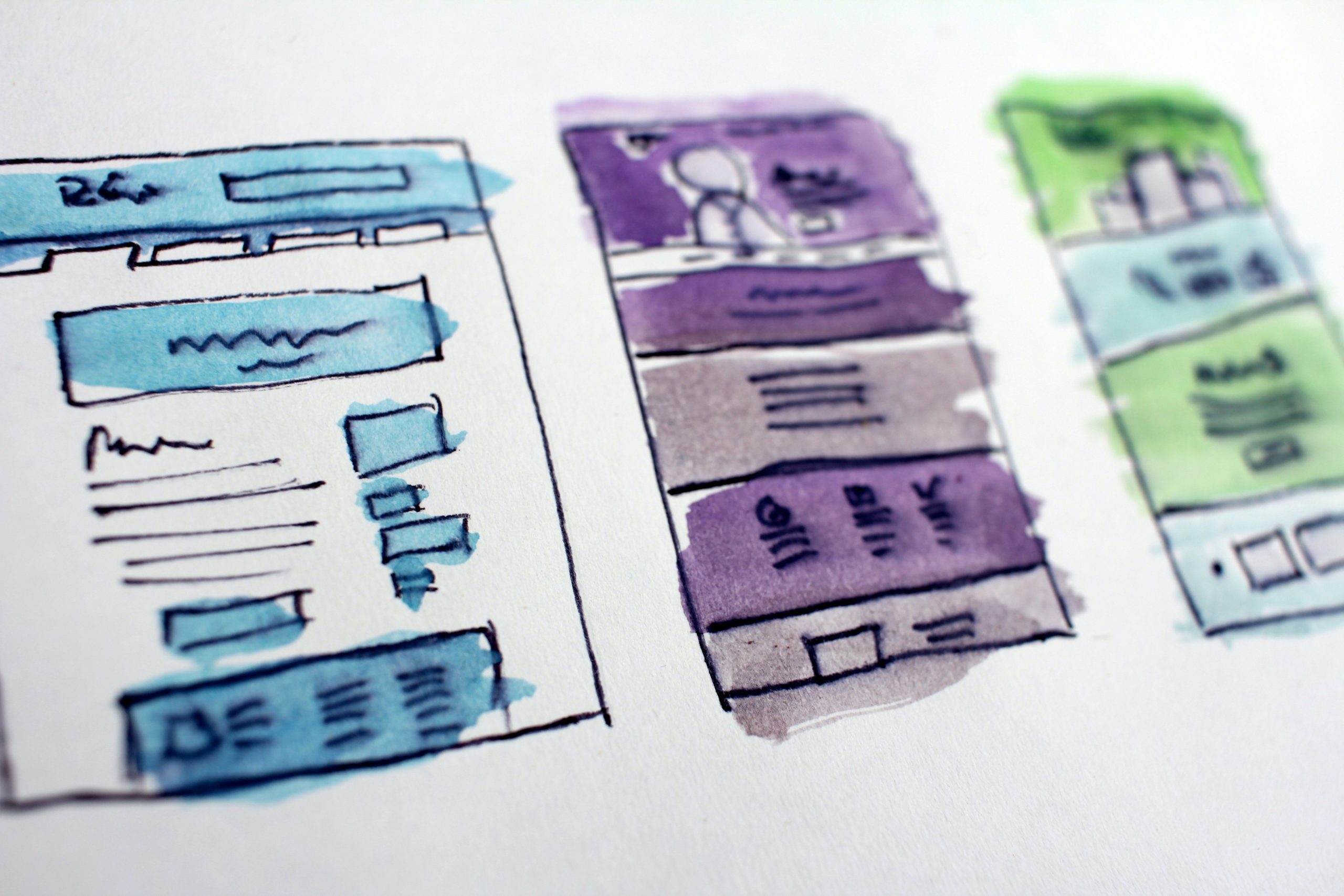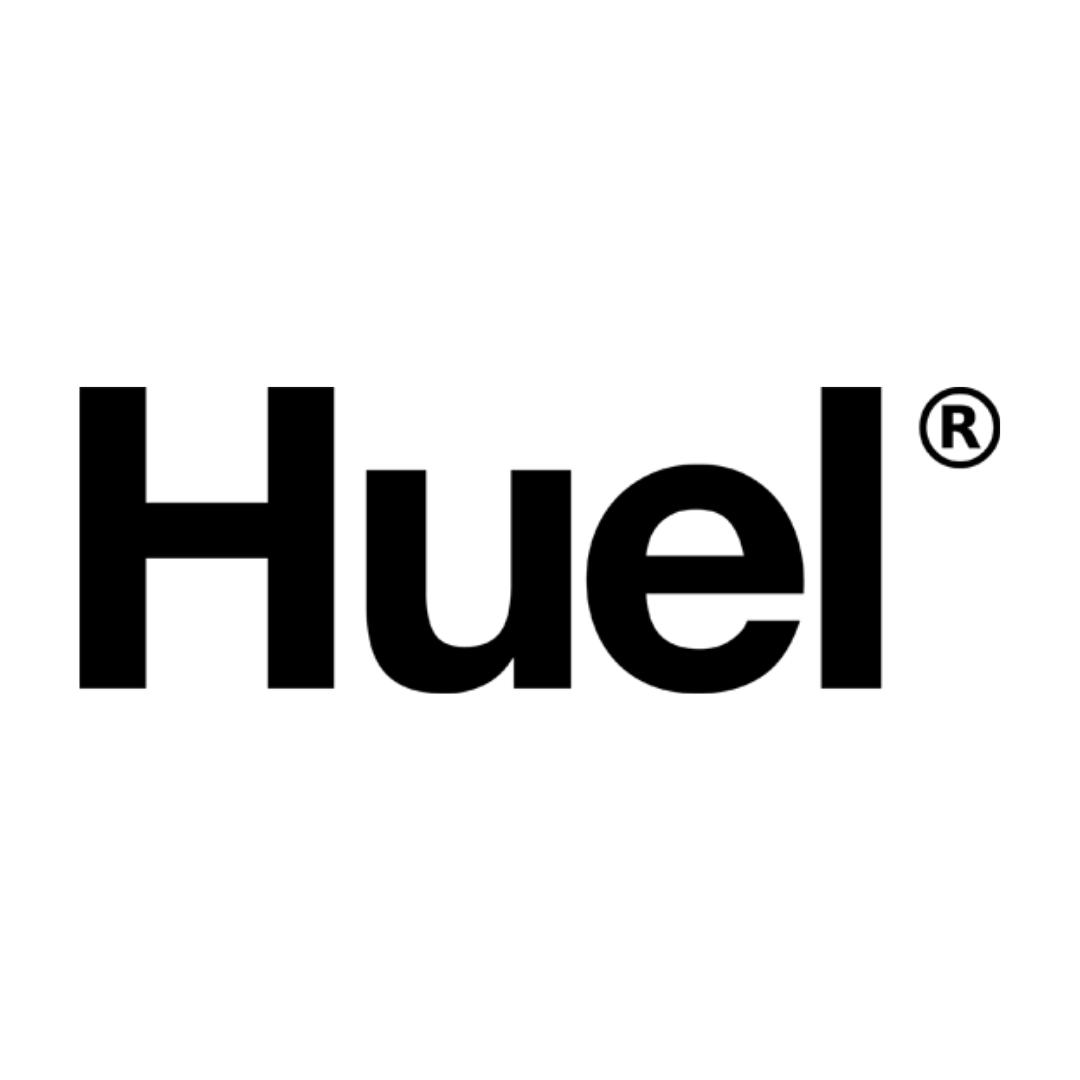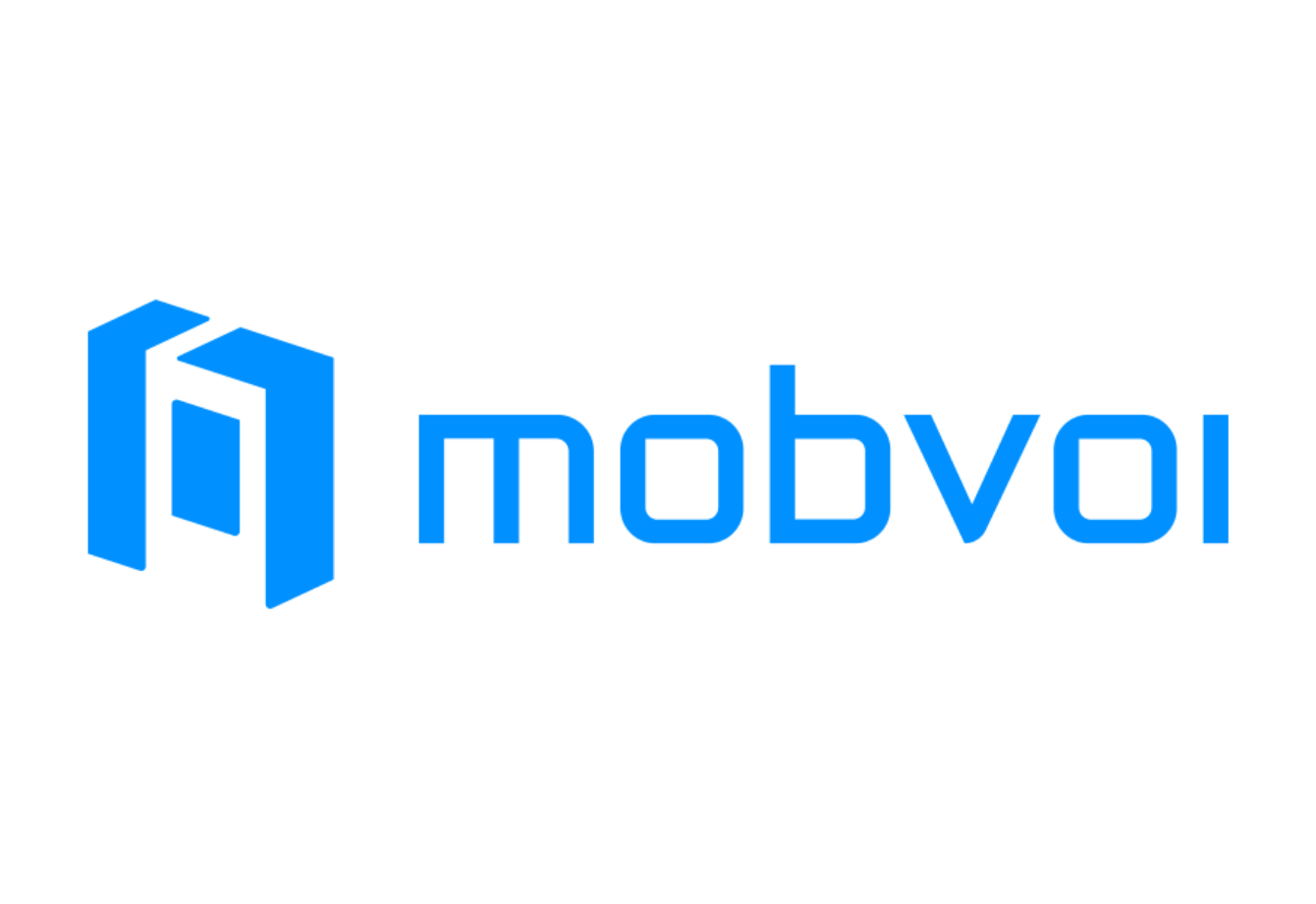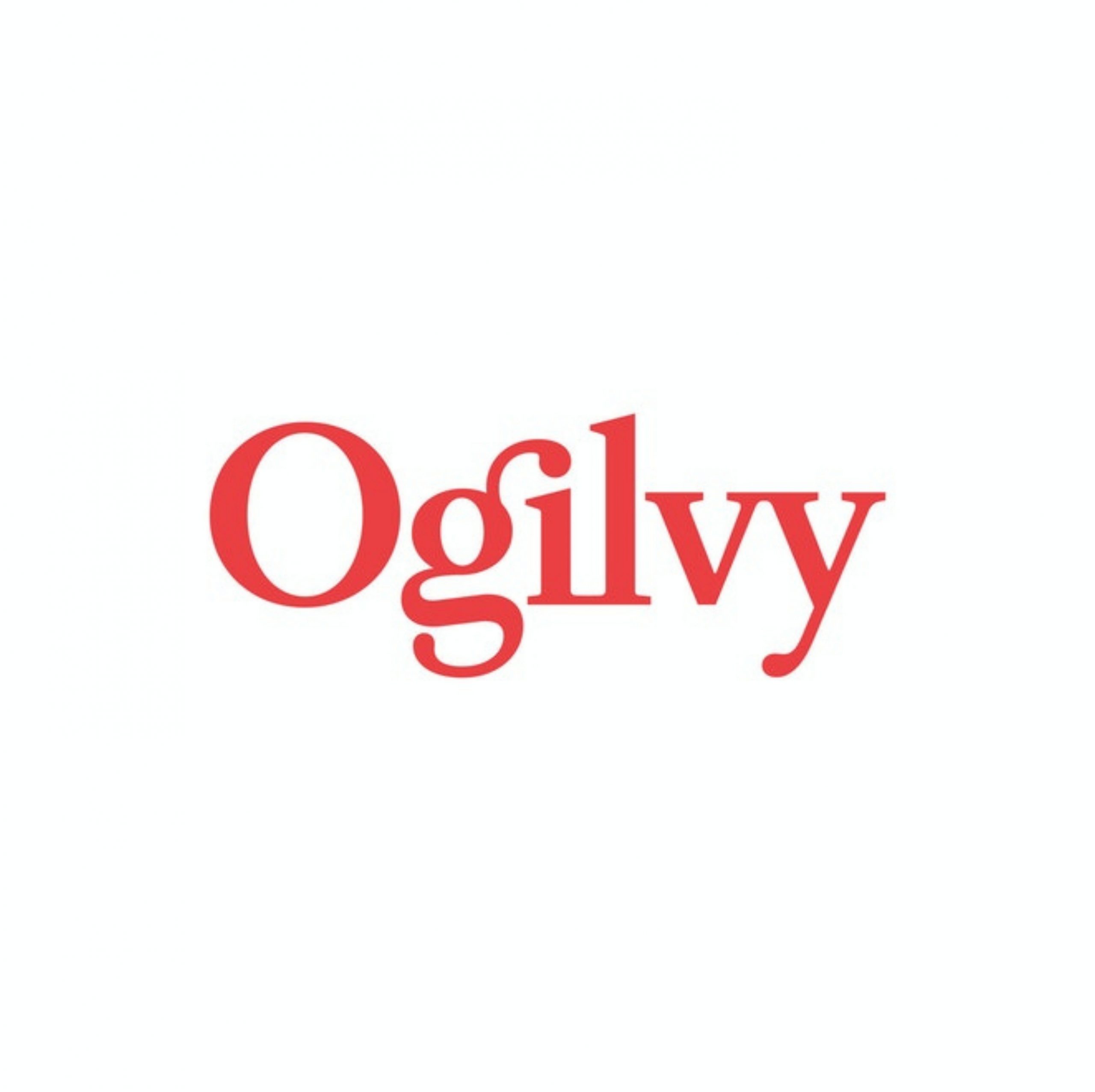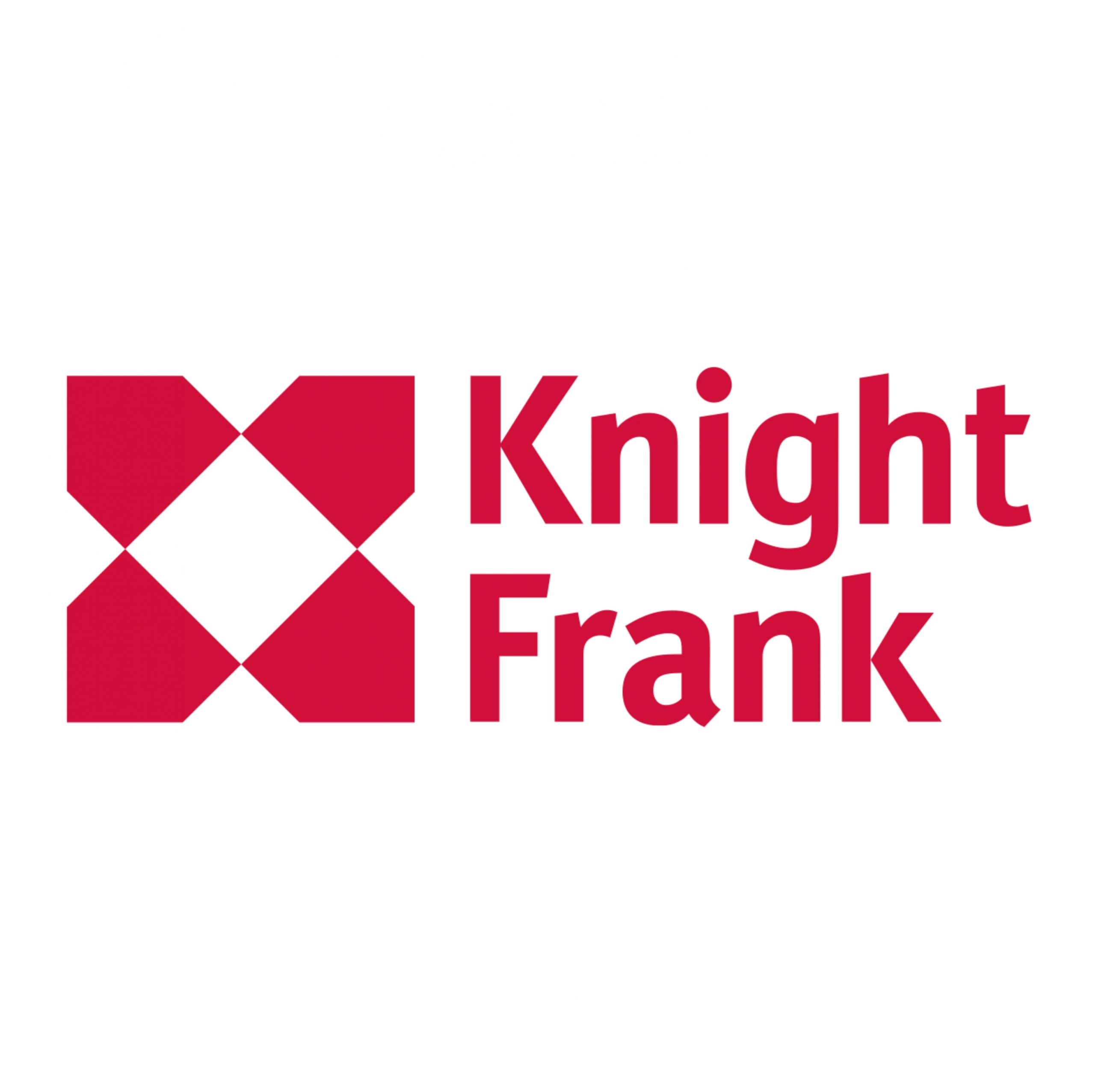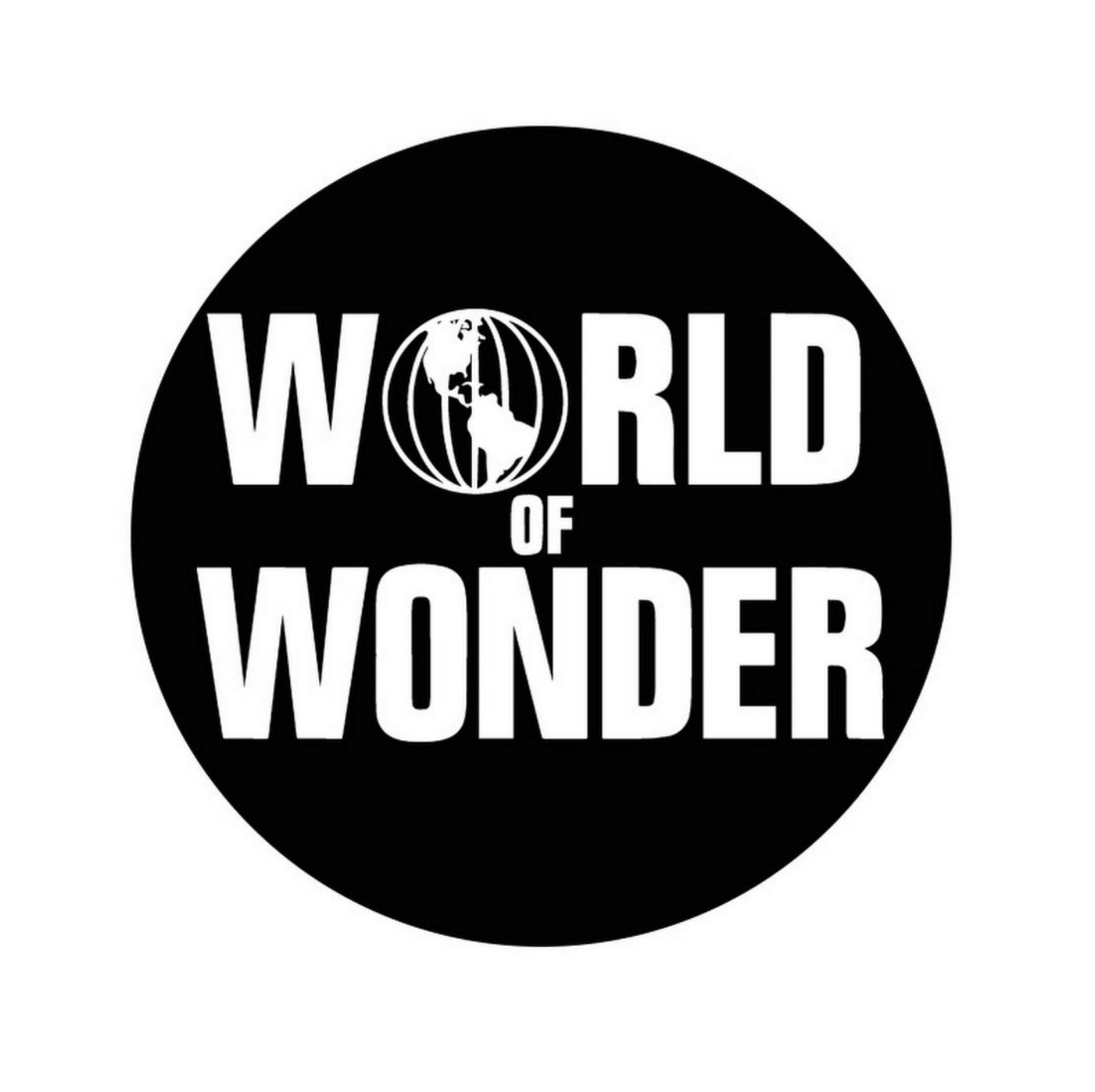For years, the big brands have relied on large agencies to meet their content demands. Size really did matter. Big agencies and big numbers seemed to give brands a sense of comfort and security. There was an acceptance that, whilst they knew they were paying a premium, the job would get done.
And big agencies recognised this. They would leverage their ever-increasing portfolios of other brands to validate their status and their costs. Attracting yet more clients along the way.
However, clients are starting to question the legitimacy of paying large bills for what on the surface seem to be safe solutions. Every penny counts right now, and as a result there is an increasing drive to find value. Brands will still demand quality, but are they beginning to recognise they can get this from smaller agencies along with specialist knowledge, agility and a fresh approach.
So, what are the key differences between working with the big and small agencies?
Cost
One obvious difference that will come as no surprise to anyone. Cost.
And with the digital world demanding constant refreshing of content and greater volumes of output than ever before, cost and value are fast becoming real deal-breakers.
Larger agencies charge higher rates for their services. Their impressive portfolio of clients, inferring an enormous amount of experience (and some success). The more renowned you are, the more desirable you become and so the more brands are willing to pay a premium for what you do and the safety net you provide.
However, it is not just reputation alone that counts. There are other aspects that add to the cost. And the cost of doing business alone will often not make sense for these agencies, unless the overall budget is at least 7 figures.
With greater overheads, larger agencies will put more people and even a number of internal agencies onto your account. Such bureaucracy can result in a lot of work and duplication in simply communicating the brief to the many different cooks. And too many cooks can lead to other problems, of course.
Smaller agencies have fewer issues of communication and less overheads. This helps them to deliver not only on lower costs, but more value.
Agility
In Big Agency land, there may be more people working on your account. But the larger the organisation, the bigger the infrastructure required to keep it all moving. Heavy infrastructure often slows processes down, meaning swift decision making becomes more challenging. It’s a lot harder to be nimble when there are multiple layers of people who need to give their approvals before things can happen.
With the online landscape, all brands are now publishers in their own right. They need to create and produce more and more content. All of which requires testing and refining, airing and improving. They need to stay ahead of their peers, refreshing their output constantly to keep themselves both current and relevant. Bottom line, they need agility in spades.
Smaller agencies are more agile. Being specialist, they can offer bespoke and attractive proposals and develop focused strategies. To succeed they have to be more creative and adaptable, constantly refining their work and getting things done.
Communication / Relationships
At smaller specialist agencies, you will often know those on your account. From the juniors to the CEO they will know you and your brand, and you will know them.
This can be a real draw for brands who want to be in constant touch. It’s easier to communicate, key details aren’t lost in translation, meaning you can get the info and the output you need more rapidly, accurately and readily.
Larger agencies might well offer you a senior figure as your contact, but in reality, work is often delegated to more junior staff. Larger agencies still provide a traditional model of the client-agency relationship, rooted in a historic reputation of “this is how things are done”. You are often required to fit into their way of working, and ultimately have to make compromises along the way.
Although the process differs from place to place, it’s not uncommon at smaller agencies for lead creatives and strategists to be in direct contact with the client. They are used to having to work harder and smarter, keeping close to the action at every step.
With a multi-national agency, your account can be just one of many. At a smaller agency they’re more likely to put their best people on the job and go the extra mile to achieve results for you.
Having specialist, passionate and invested people working on your account, who you know well and can chat to directly, contributes to a more successful long-term partnership.
Specialist Skill set
More resources equal more services at a full-service agency. Yes, they provide a more holistic view over the account, but they aren’t necessarily experts in everything they offer. And with the ever-increasing complexity and number of specialist digital marketing disciplines, the big agencies continue to buy up the specialists in each and every niche. So they will often outsource work to specialist agencies within their group.
Instead of cross-selling services, smaller agencies tend to focus on one or two specialist skills and deliver real expertise in their field. The intimacy of the team also means that the specialist knowledge transference between staff is easy and frequent. This constant learning and re-learning of new skills fosters real understanding of their craft and greater creativity within their specialist niche.
They can then draw upon their own networks of other specialists, those that are ideally suited to each individual project. They are not bound to using internal resource – they are free to find the best people for each task. This creates a win-win for everyone.
Great things come in small packages
There was a time when only the big agencies were trusted with the work of the biggest clients. But that’s no longer the case. Companies are realising that the best solution doesn’t always come from the agency with the biggest reputation.
No longer is it about the once a year big TV ad. Instead, it’s about a constant stream of content published across an increasing number of social and own brand channels. This requires more creative and more specialist thinking alongside faster, better and, dare I say it, cheaper turnarounds.
If you need a global campaign with multiple marketing outputs, you might still think that a bigger agency offering a full-service product is the way to go.
However, as we move further towards targeted messaging, more specialist agencies offering well thought out strategies can often pack a punch greater than their size. Delivering more value as a result. These smaller agencies have the knowledge, the agility and the talent to execute significant and recurring campaigns.
Ultimately, size is no indication of how well suited an agency is for your needs. Clients are turning to smaller agencies because of their adaptability, transparent communication and specialist knowledge. In today’s always-on landscape, businesses are looking for agencies who can respond as quickly as they are required to in the digital age.
When it comes to hiring an agency, there is simply no blanket ‘right’ way to go. This is why it is important to understand agency differences before making your hire. This will enable you to make an informed decision about who will work hardest for your brand and who is best suited for your project.
